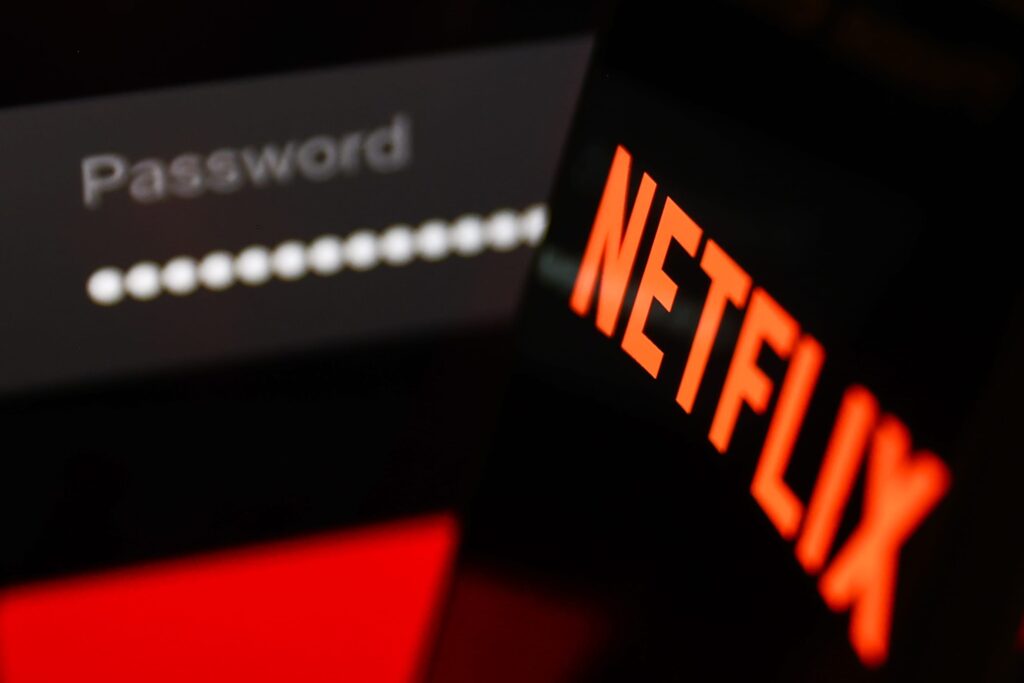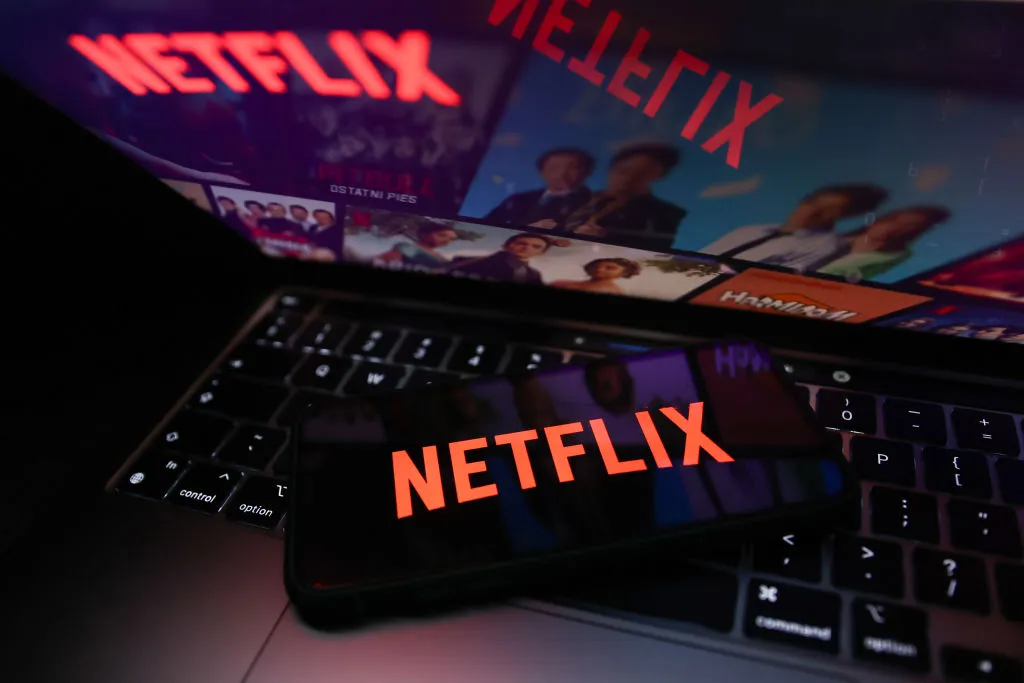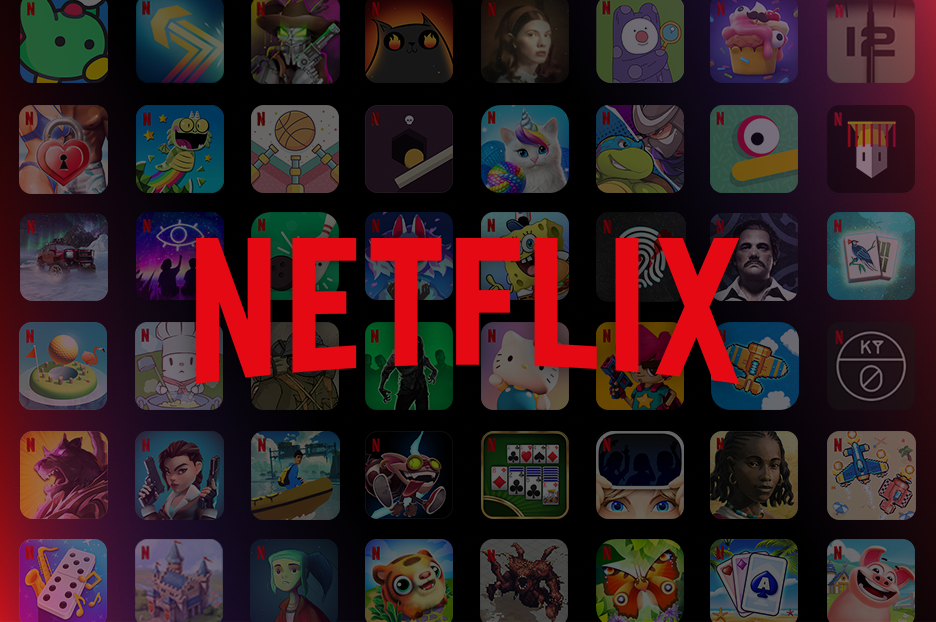Are you tired of your Netflix password being shared without your permission? Well, Netflix has heard your concerns and is taking action to put an end to password sharing once and for all. In this blog post, we will explore Netflix’s new strategy to curb password sharing and how it could revolutionize the way we access our favorite shows and movies. From the incorporation of a verification system to data collection and device tracking, Netflix is determined to protect its users’ accounts and ensure that only authorized individuals can enjoy their streaming services. So, let’s dive into the details and discover how Netflix plans to stop password sharing.
A Deeper Look into Netflix’s Innovative Strategy to Curb Password Sharing

netflix password sharing
As we delve into the second quarter of 2023, Netflix, the global streaming giant, is gearing up to implement a revolutionary strategy aimed at curbing password sharing in the United States. This strategic move is not a sudden decision, but rather a well-thought-out plan that has undergone rigorous trials in various countries, including Costa Rica, Chile, and Peru. The experiments carried out in these locations centered around constraining account borrowing, a practice that has been rampant amongst Netflix users worldwide.
Netflix’s newly proposed policy is a part of its broader strategy to bolster profitability over time. The company is exploring the concept of paid sharing, an innovative approach that could potentially reshape the streaming industry. This concept empowers subscribers to purchase “sub-accounts,” allowing them to share their subscription with family or friends outside their household. During the trial phase, Netflix introduced the “buy an extra member” option, with the cost of adding additional members varying between $2.99 and 7.9 Peruvian sol per month.
While the exact pricing structures for the upcoming U.S. services are still under wraps, the anticipation amongst the users is palpable. The motivation behind this move is Netflix’s shift in paradigm, which now focuses on identifying and capitalizing on urgent revenue growth opportunities. With over 100 million households worldwide having benefited from shared accounts, Netflix views this crackdown on password sharing as a promising pathway towards enhanced earnings.
While the introduction of paid sharing might trigger some cancellations, Netflix remains optimistic about the overall outcome. The company believes that the potential revenue generated from borrowers activating their own accounts and the addition of member accounts will outweigh the initial loss from cancellations. As the streaming giant navigates this uncharted territory, it’s clear that Netflix’s innovative approach to password sharing could potentially set a new standard in the industry.
Enhanced Security Measures: The Power of Verification

netflix password sharing
Netflix, in a bid to revolutionize its approach to password sharing, is set to roll out an innovative verification system. This step is designed to target those who frequently share passwords, creating a more secure and controlled environment for account access. The system is not just a simple password entry but rather a two-step verification process, adding an extra layer of security to protect user accounts.
Users seeking to gain access to their accounts will be required to enter a unique four-digit verification code, adding an additional hurdle for unauthorized users. This code will be sent directly to the primary email address or phone number linked to the account, ensuring that only the rightful account owner can access the content. The code must be entered accurately within a tight window of 15 minutes, further discouraging casual password sharing.
In an age where data privacy is paramount, Netflix is also leveraging technology to protect its users. The entertainment giant will employ advanced tracking techniques, using IP addresses, device IDs, and account activity to discern whether a device is part of a specific household. This innovative method will facilitate the identification and subsequent blocking of devices that are not part of the account owner’s household.
However, Netflix assures that this new strategy will not impact users sharing an account with someone outside their household with automatic charges, at least not immediately. This approach is designed to allow users time to adapt to the new system. Furthermore, the company has reassured that primary account holders and their household members will continue to enjoy unrestricted access to their accounts, even while traveling. Yet, it is important to note that prolonged absence from the household may trigger a device verification request, ensuring continued protection against unauthorized access.
Netflix’s new verification system is a clear demonstration of the company’s commitment to safeguarding user accounts and maintaining a fair usage policy. It is a bold move that, if successful, could set a precedent for other streaming services in the digital era.
Unraveling Netflix’s Approach: Data Collection And Device Tracking

netflix
In a bid to bolster its revenue stream and discourage password sharing, Netflix is adopting a more data-driven approach. The streaming giant is leveraging advanced data collection and device tracking methods to ensure that users are not bypassing their system. This strategy is not only expected to boost Netflix’s earnings but also to set a new standard for account security in the streaming industry.
Essentially, Netflix’s data collection initiative will gather information about users’ viewing habits and device usage. This data can provide valuable insights such as the frequency of account usage, the diversity of devices used to access the service, and the geographical locations of these devices. By analyzing this data, Netflix can identify patterns that suggest account sharing, such as multiple logins from various locations within a short time span.
Device tracking, on the other hand, will allow Netflix to monitor the devices used to access an account. If a device is identified as being used outside the account owner’s household, Netflix can flag it for potential unauthorized usage. This move is expected to deter users from sharing their account credentials, thereby encouraging individual account usage.
Netflix is also exploring other avenues to incentivize individual account usage. For instance, the company plans to introduce features like setting a primary location and transferring profiles. Once a primary location is set, a monthly connection and streaming will be required to maintain its status. This feature will, in essence, bind the account to a specific location, further discouraging account sharing across different locations.
Furthermore, the proposed profile transfer feature will allow users to move their viewing history and preferences to a new account. This is a strategic move by Netflix to encourage users, who have been sharing accounts, to create individual accounts without losing their personalized viewing experience. If you liked this post check out does netflix come with xfinity and why did netflix remove free trial?
Netflix’s data collection and device tracking strategy is a bold move that underscores the company’s commitment to safeguarding user accounts while maximizing revenue. As the company continues to roll out these changes, it will be interesting to see how these strategies reshape the streaming landscape and user behavior.
Adjustments, Updates, and Final Remarks: The Evolution of Netflix’s Policy
As the digital landscape continues to evolve, so too does Netflix’s approach to providing its services. The crackdown on password sharing is a significant shift in the company’s strategy, but it’s essential to remember that it’s not the only way Netflix is adapting to meet its users’ needs and preferences.
For instance, Netflix offers a range of subscription plans tailored to different user requirements. One such option is a more affordable plan that includes ads, providing an alternative for users who are willing to trade a few minutes of advertising for a lower monthly fee. This flexibility in pricing and service offerings is part of Netflix’s broader strategy to cater to a diverse audience with varying viewing habits and budget constraints.
Moreover, the evolution of Netflix’s policy is not an isolated event. It’s part of a broader trend in the streaming industry, where providers are continually exploring new ways to increase revenue and enhance service delivery. As Netflix embarks on this new journey, it’s crucial for users to stay informed and adapt to the new rules as they come into effect.
Netflix’s decision to end password sharing is a clear testament to its determination to overcome its recent financial struggles. While it’s a bold move that may initially face resistance, it’s a forward-thinking initiative that could potentially boost revenue and enhance service delivery in an increasingly competitive industry.
The company has promised to keep its subscribers informed during this transition, which is a crucial aspect of maintaining trust and loyalty among its user base. As we move forward, it will be interesting to observe the actual financial implications of this move and whether other streaming platforms will follow suit in due course. If you have any trouble with Netflix find out what to do if netflix is not working and enjoy your favorite shows.
Netflix’s new policy is not just about ending password sharing; it’s about creating a more secure, personalized, and fair streaming experience for all users. It’s about setting a new standard for the streaming industry and paving the way for a future where every viewer has their own account, tailored to their viewing preferences and habits. This is the dawn of a new era for Netflix and its loyalty-focused subscription model, and it’s a change that could potentially transform the streaming industry as we know it.
FAQ & Users Questions
1. What is Netflix’s plan to stop password sharing?
Netflix will be implementing a password-sharing crackdown by requiring all streaming devices to be located in the same household. They are also experimenting with charging for password sharing in certain countries and plan to roll out paid sharing more broadly.
2. When will Netflix’s password-sharing crackdown be rolled out in the U.S.?
The policy will be rolled out in the second quarter of 2023.
3. How will Netflix verify users’ accounts to prevent password sharing?
Netflix will implement a new verification system where users will need to enter a four-digit verification code sent to the primary email or phone number associated with the account. The verification code must be entered within 15 minutes to gain access.
4. Will sharing an account with someone who doesn’t live with the account owner result in automatic charges?
No, sharing an account with someone who doesn’t live with the account owner will not result in automatic charges for now. However, Netflix will use data collection and device tracking to identify and block password sharers.
5. Will users have the option to pay extra to share their account with people outside of their household?
Yes, users will have the option to pay extra to share their account with people outside of their household. Netflix is implementing features such as setting a primary location and transferring profiles to incentivize individual account usage.
6. How much will Netflix charge for password sharing in the U.S.?
Netflix has not yet announced how much they will charge for this service in the U.S. Pricing for password sharing varies by market, with options like “buy an extra member” in certain countries.
7. Can users still save money by choosing different subscription plans?
Yes, users can still save money by choosing different subscription plans, including a cheaper plan with ads.
